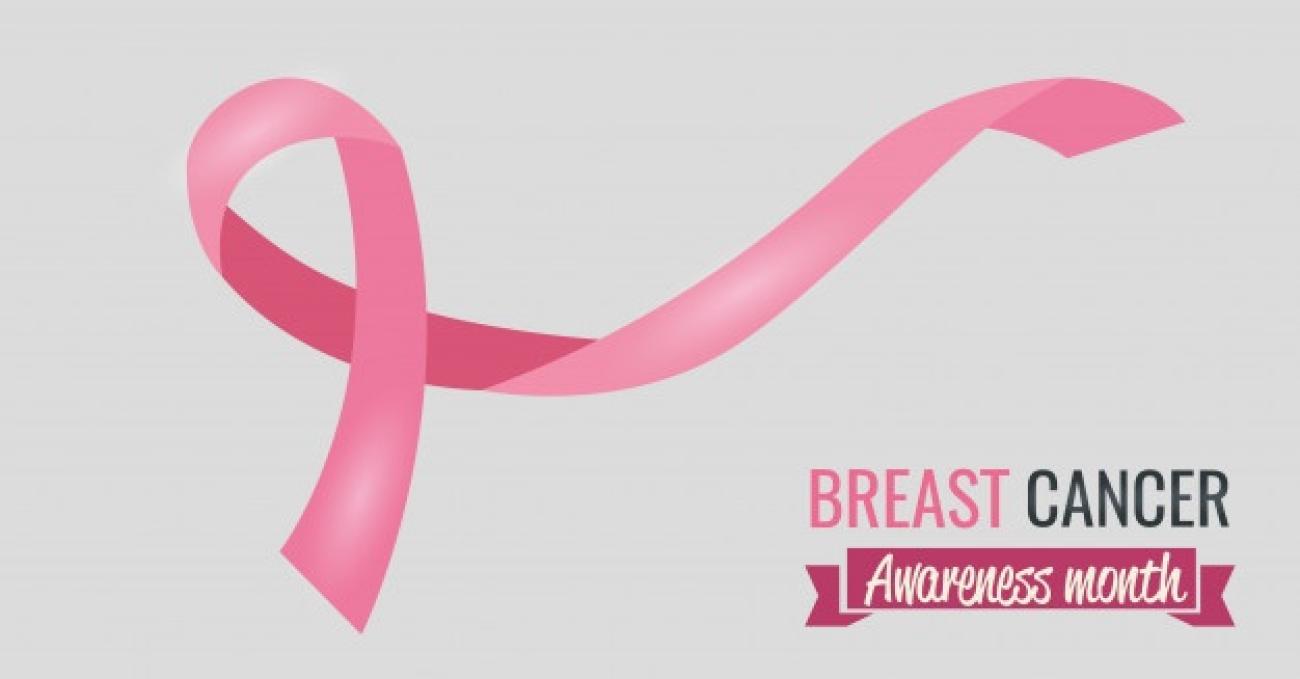The United Nations Wellness Center Hosts a Cancer Awareness Session and Screening with UN Staff and Personnel

On 27th October 2021, in commemoration of Cancer Awareness Month, the UN Wellness Center hosted an online Cancer Awareness Session and Screening with UN staff.
UN staff and personnel were screened for prostate, breast and cervical cancers.
October is Breast Cancer Awareness Month, aiming to raise awareness about breast cancer and other cancers that impact people around the world. According to the World Health Organization (WHO), 2.3 million women were diagnosed with breast cancer in 2020, causing 685,000 deaths worldwide. As of the end of 2020, there were 7.8 million women alive who had been diagnosed with breast cancer in the previous five years, making it the most common form of cancer in the world.
During the online session, Dr Teluleko Maseko, from the Ministry of Health, provided an overview of cancer, its causes, and the various types of cancer that are common in men and women. UN staff and personnel then shared their questions, with clarifications that most cancers, once detected early, are treatable.
According to Dr. Teluleko, a leading cause of cancers in Eswatini, accounting for 15 to 20 percent of cancer cases, is hereditary – which, at times, affect primary school children; whilst 80 percent of cancers are caused by lifestyle choices, including the use of tobacco and alcohol.
One-third of cancer deaths are caused by the five leading behavioral and dietary risks, including: obesity, a lack of fruits and vegetables, inactivity, tobacco use, and alcohol use.
Age groups mostly impacted by cancers are those aged 35-39 and 40-44; persons whom account for much of the working-class and are in their most productive years.
Cancer affects an approximate 66 percent of females and 44 percent of males. Common cancers impacting women are: cervical, breast cancer, Kaposi sarcoma, Colorectal, and liver cancer, whilst common cancers impacting males are: prostate cancer, Kaposi sarcoma, Colorectal, lung, and liver cancer.
The Ministry of Health then proceeded to provide UN staff and personnel with primary and secondary prevention information, as well as tips on how to reduce the risks of developing cancer, one of which included regular check-ups and healthy living habits.
The United Nations Family is committed to advancing Agenda 2030 for Sustainable Development, including Sustainable Development Goal (SDG) 3; ‘good health and well-being’, both amongst UN staff and personnel and the people of Eswatini. The Cancer Awareness Session and Screening serve as a part of the UN’s Duty of Care to their UN staff, personnel and their dependents.


